As we all know by now, the “Coronavirus Aid, Relief and Economic Security Act” (CARES Act) includes some bankruptcy-specific provisions. These provisions provide enhanced relief for individuals and businesses negatively impacted by the coronavirus pandemic and shutdowns.
Of great importance to small businesses, the CARES Act amended the Small Business Reorganization Act of 2019 (SBRA). The amendment increased the eligibility threshold for businesses filing. The new sub-chapter V of chapter 11 of the U.S. Bankruptcy Code went from $2,725,625 of debt to $7,500,000, at least through March 2021 if not extended. The first batch of cases filed under SBRA and we will watch them move towards confirmed plans. There will be much litigation over the exact meaning of many of these changes.
In addition to revising the SBRA, the CARES Act also includes revisions to chapters 7 and 13 bankruptcy. Some revisions include allowing debtors in those chapters to exclude certain coronavirus-related payments from being treated as income for bankruptcy purposes.
So, what should small business owners be doing right now? We all live in the age of uncertainty to an even greater extent than ever before.
Financial Cash Projections: All the Time
It is crucial to prepare operating cash flow projections that reflect the realities that businesses now face in the midst of the COVID-19 pandemic. Projections that take into account the new assumptions, forecasts, and business plans are essential to make sound operational and management decisions. Further, in these uncertain times, it is especially important to frequently update projections—weekly and with various contingency assumptions. Never, ever wait until you are completely out of cash.
Write up Your 2020 Financial and Operating Plan/Pull Out Your Loan Docs
Pretend that your lender calls and needs to meet to discuss options, and you only have a few days to prepare. Get prepared. Businesses should review existing credit facilities and develop strategies to proactively mitigate risks of default. Businesses should identify any unencumbered assets that could be used to secure financing. They should also begin discussions with lenders whose loan documents require lender consent to incur additional indebtedness. Get familiar with your loan docs. You’d be surprised how many clients are not and sometimes can’t even find copies. Don’t feel guilty about this, just find them.
Retaining Legal and Financial Advisors
Professional advice on all options is critical for managements’ ability to exercise informed duties of care and loyalty to the business and its many different stakeholders. While management is so often very skilled at “business as usual,” restructuring professionals can help guide management through times of crisis that many businesses now face and have never faced before. A business’s retention with legal and financial advisors also creates credibility. This credibility resonates with the other parties that the management and owners understand the seriousness of the situation. Ask around and find the right fit for you.
About DelCotto Law Group
DelCotto Law Group is Kentucky’s asset protection law firm known for its commitment to the lifetime success of its clients. With offices located in Lexington, Louisville and Danville, DLG serves Kentuckians with complicated financial matters, especially in the areas of bankruptcy and complex litigation. For more information please call (859) 231-5800, email [email protected] or reach us on our contact page.

